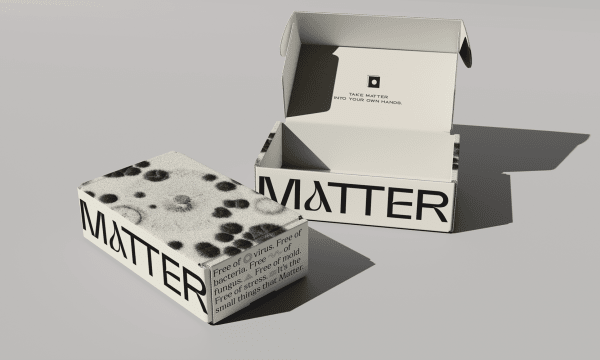As talk of climate change and science-backed technology overwhelms media coverage, consumers are more in-tune with brand sustainability and validated product efficiency. According to a January 2021 Forrester
report, 68% of consumers aim to identify brands that reduce environmental impact, and 61% seek out energy-efficient labels when making purchases. Whether in skincare, makeup, or body wellness, companies are openly displaying their production sustainability and clinical efficacy in their product packaging to better align with consumer expectations.
Beauty brands are reimagining the nutrition label for the next generation of consumers.

L’oreal is adding environmental and social impact measurements to their product labels. In September, Unilever, L’Oréal, LVMH, and other major cosmetic beauty brands announced an industry-wide scoring system to measure a product’s environmental impact and display that information through a new environmental and social labelling system. The brands, who invite other companies to join in their collaboration as well, aim to make information about products’ environmental impact transparent and comparative for consumers in support of more sustainable shopping in the beauty industry.
Codex Beauty Labs added a new efficacy panel to its packaging in February 2021 to highlight products’ scientific backing and clinical results. Codex’s “efficacy panel” package labels, which resemble food nutrition labels, display quantifiable data on the product’s ability to address its purposed skin concern. Their benchmarked clinical data reflects the company’s formulation and product improvement, increasing brand transparency and the overall value of their products to consumers.

Skincare and wellness brand Cocokind started displaying sustainability information directly on their packaging in March of this year. Their sustainability labels include carbon emission measurements for each life stage of the product, packaging material and recyclability breakdowns, where and how the product was made, and instructions for recycling. The “Sustainability Facts” panel, which also resembles a nutrition label, displays each product’s carbon footprint according to the Department of Energy’s Life Cycle Inventory Database and is validated by the global initiative Carbon Calories.
Environmental impact and validated scientific backing are increasingly important factors at the beauty shelf. Consumers are looking more closely at beauty products, assessing them not just for their efficacy, but for their sustainability and scientific credentials—and brands are adding transparent labels in response.
Main image: Cocokind's "Sustainability Facts" panel packaging, courtesy of Facebook.
Please provide your contact information to continue.
Related Content


